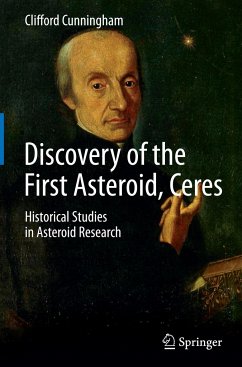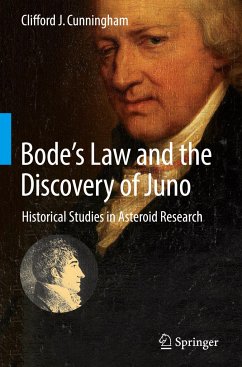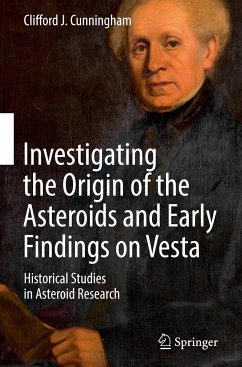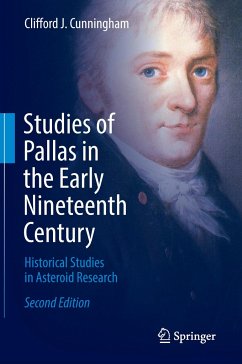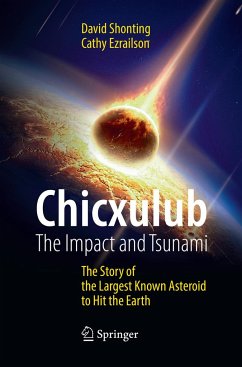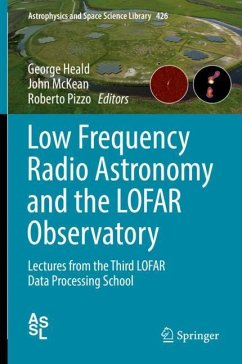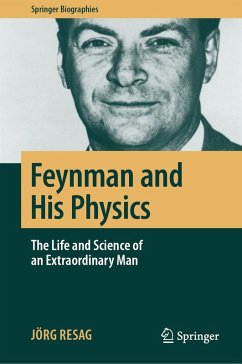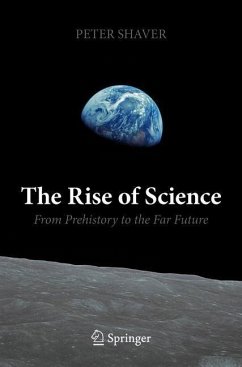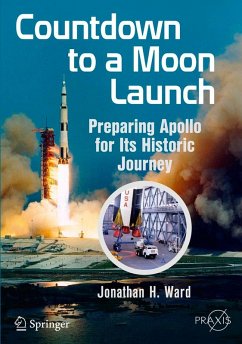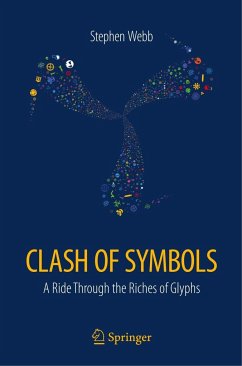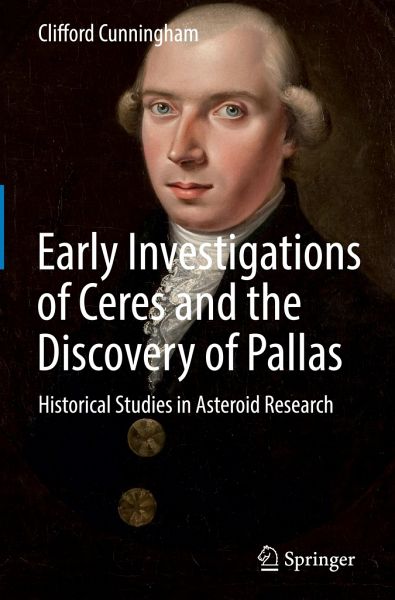
Early Investigations of Ceres and the Discovery of Pallas
Historical Studies in Asteroid Research

PAYBACK Punkte
38 °P sammeln!
An asteroid scholar, Cunningham in this book picks up where his Discovery of the First Asteroid, Ceres left off in telling the story of the impact created by the discovery of this new class of object in the early 1800s. The best and brightest minds of mathematics, science, and philosophy were fascinated by Ceres, and figures as diverse as Gauss, Herschel, Brougham, Kant, and Laplace all contributed something to the conversation. The first few chapters deal with the mathematical and philosophical aspects of the discovery, and the rivalry between Germany and France that so affected science and a...
An asteroid scholar, Cunningham in this book picks up where his Discovery of the First Asteroid, Ceres left off in telling the story of the impact created by the discovery of this new class of object in the early 1800s. The best and brightest minds of mathematics, science, and philosophy were fascinated by Ceres, and figures as diverse as Gauss, Herschel, Brougham, Kant, and Laplace all contributed something to the conversation. The first few chapters deal with the mathematical and philosophical aspects of the discovery, and the rivalry between Germany and France that so affected science and astronomy of that era. The jockeying for glory over the discovery of Ceres by both Piazzi and Bode is examined in detail, as is the reception given to Herschel's use of the word 'asteroid.' Archival research that reveals the creator of the word 'asteroid' is presented in this book.
Astronomy was a truly cosmopolitan field at the time, spanning across various disciplines, and the discovery of Pallas, a story completely told in these pages, exemplifies the excitement and drama of early 1800s astronomy. All the private correspondence about the study of Ceres and Pallas in 1802 is given here, which helps to contextualize and personalize the discovery.
Astronomy was a truly cosmopolitan field at the time, spanning across various disciplines, and the discovery of Pallas, a story completely told in these pages, exemplifies the excitement and drama of early 1800s astronomy. All the private correspondence about the study of Ceres and Pallas in 1802 is given here, which helps to contextualize and personalize the discovery.



